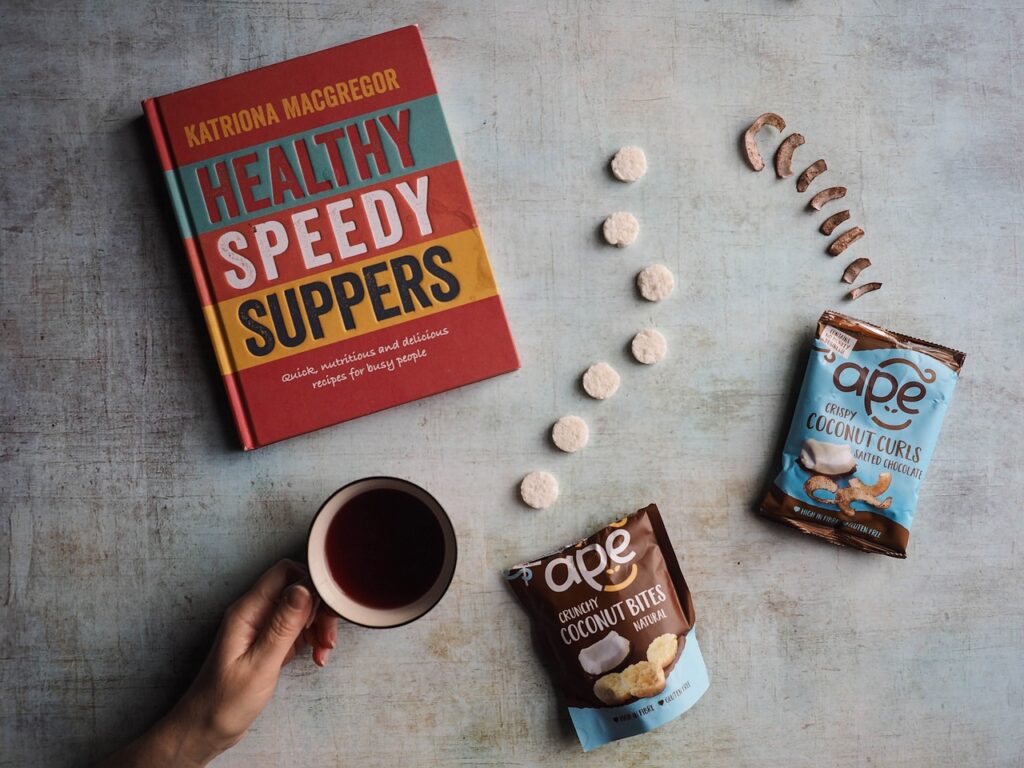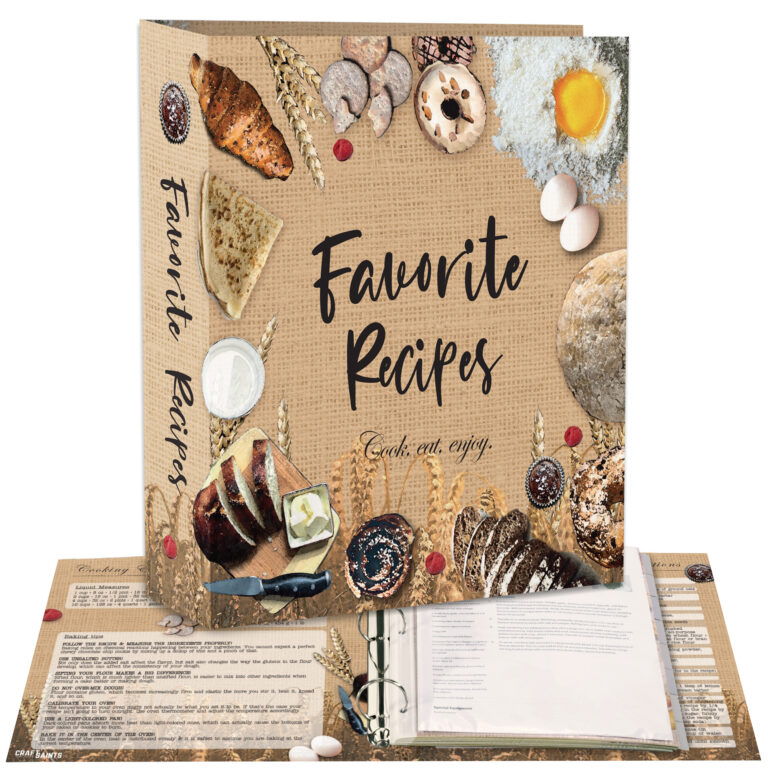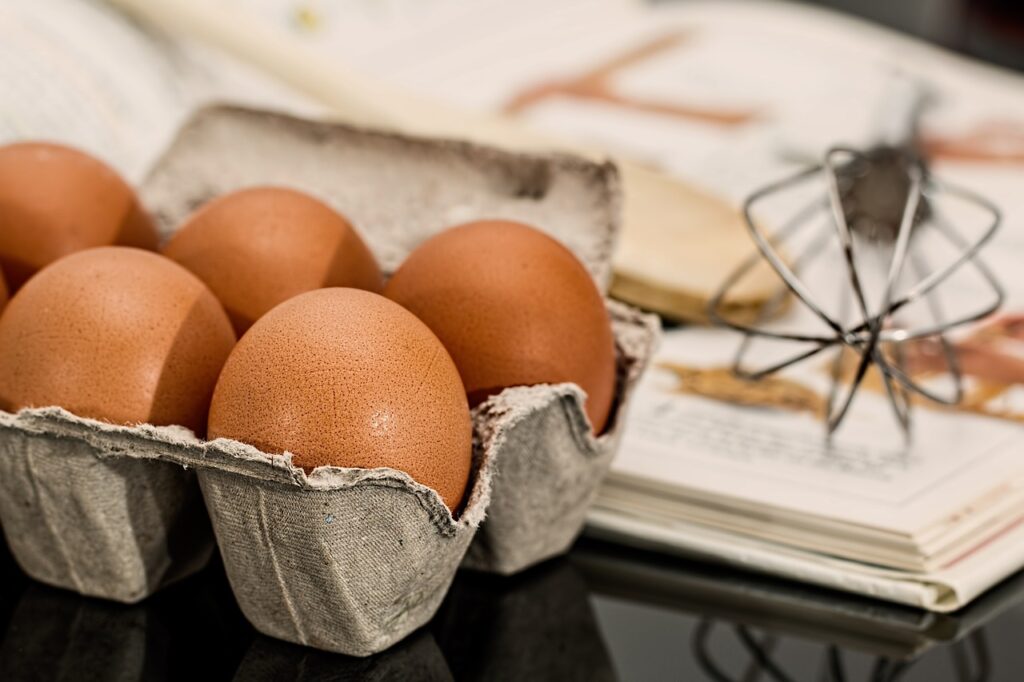In the culinary world, the battle between traditional cookbooks and the more customizable recipe binders has been ongoing, with home cooks grappling to find the perfect organizational solution for their kitchen endeavors. Each option has its merits, offering unique advantages that cater to different cooking styles, preferences, and organizational needs. Let’s delve into the pros and cons of both, helping you decide which culinary compendium suits your kitchen best.
The Classic Companions - Cookbooks
+
Structured Guidance: Cookbooks provide a structured and curated approach to recipes. They often include a well-thought-out sequence, guiding cooks through the preparation process with detailed steps and helpful tips.
Professional Inspiration: Authored by renowned chefs or culinary experts, cookbooks offer a source of professional inspiration. They introduce diverse cuisines, techniques, and flavor profiles that can elevate your culinary skills.
Aesthetic Appeal: Cookbooks are renowned for their aesthetic allure. From glossy photos to carefully designed layouts, they make for delightful additions to kitchen shelves and coffee tables, adding a touch of elegance to your cooking space.
Thematic Unity: Many cookbooks center around a specific theme, such as regional cuisines or dietary preferences. This thematic approach can be advantageous when planning meals with a cohesive style or cultural influence.
-
Lack of Customization: One of the primary drawbacks of cookbooks is their lack of customization. While they provide a wealth of recipes, you may find yourself wanting to add personal notes, modify ingredient quantities, or include family favorites, which can be challenging with a pre-printed book.
Space Constraints: A vast cookbook collection can consume valuable kitchen space. If you’re dealing with a small kitchen, finding storage for an expanding cookbook collection may become a challenge.

The Personalized Playgrounds - Recipe Binders
+
Customization Freedom: Recipe binders offer unparalleled customization. Home cooks can organize recipes according to personal preferences, add or remove pages, and insert handwritten notes or clippings from magazines, creating a truly personalized culinary reference.
Adaptability: A recipe binder is adaptable to evolving tastes and dietary preferences. As your culinary journey progresses, you can effortlessly update your collection to reflect newfound favorites or changes in your cooking style.
Family Heirloom Potential: Recipe binders have the potential to become cherished family heirlooms. Passed down through generations, they accumulate the culinary wisdom of family members, creating a tangible link to the past.
-
Potential Disorganization: The freedom to customize comes with the risk of disorganization. Without a structured system, recipe binders may become cluttered, making it challenging to locate specific recipes quickly.
DIY Time Investment: Creating and maintaining a recipe binder demands time and effort. From typing out or handwriting recipes to arranging them in a cohesive manner, the initial investment can be significant.

In conclusion, the choice between a cookbook and a recipe binder ultimately boils down to your cooking style, preferences, and organizational priorities. If you value structure, professional guidance, and the aesthetic appeal of a curated collection, a cookbook might be your ideal companion. On the other hand, if you crave customization, adaptability, and the joy of crafting a culinary legacy, a recipe binder could be the perfect fit for your kitchen. Consider the pros and cons, and embark on your culinary journey with the companion that aligns seamlessly with your kitchen aspirations.

